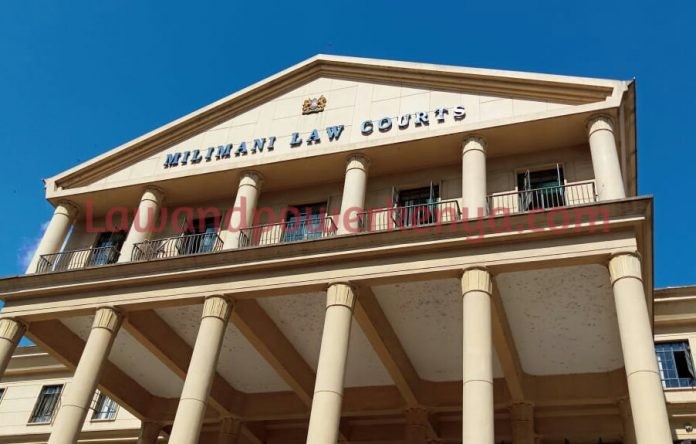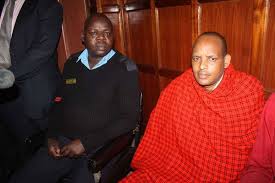The High Court has blocked the planned closure of Dadaab and Kakuma Refugee camps in the northern part of Kenya by the Ministry of Interior and coordination of the national government.
Justice Anthony Mrima directed the case to be mentioned on 13th April for further directions.
“A conservatory order staying the application and enforcement of the directive to close the Dadaab and Kakuma refugee camps is hereby issued for 30 days”, ordered the judge.
The government, through Interior CS Fred Matiang’i issued the directive on 22nd March 2021 through its twitter handle to close the camps over among other reasons, that Al Shabaab sympathisers use it to launch attacks in Kenya.
The two camps host thousands of refugees from neighbouring Somalia.
After the directive, former presidential aspirant Peter Solomon Gichira moved to court and obtained an order blocking the closure, albeit for 30 days.
Gichira argues that the intended closure amounts to violation of the Bill of rights as the directive fails to meet the proportionality test on limitations of fundamental rights and freedoms.
“Article 165 (3)(b) of the constitution grants jurisdiction to this court to determine the question whether a right or fundamental freedom in the Bill of rights has been violated, infringed or threatened. This constitution grants this court the authority to uphold and enforce the Bill of rights,” states the petitioner.
He adds that in light of the ongoing Covid-19 pandemic, the timing of the intended closure of the camp and subsequent repatriation of the refugees is ill-intended and will only subject innocent lives to harm, inhumane conditions and a higher risk of contracting the dangerous virus.
Gichira further argues that the directive did not not provide reasons supported by both facts and law as to why the government intends to undertake such drastic and draconian measures which constitutes a limitation of rights under the constitution.
The Attorney General, CS Matiang’i and the Ministry of Interior have been named as respondents while the United Nations High Commissioner of Refugees has been named as an interested party in the matter.










